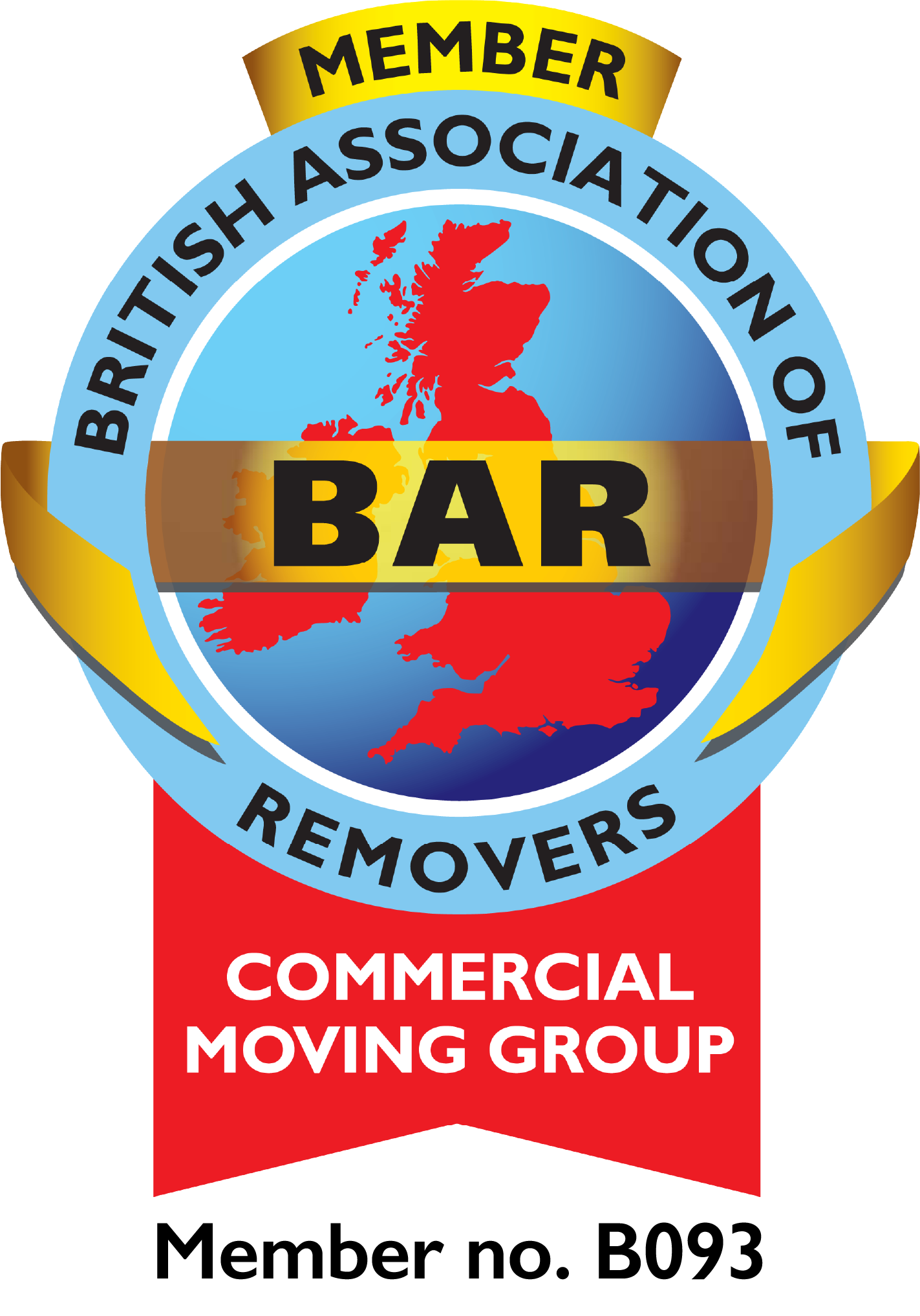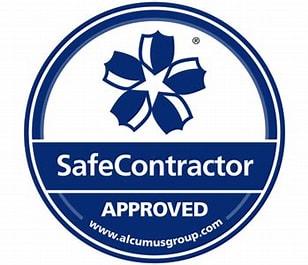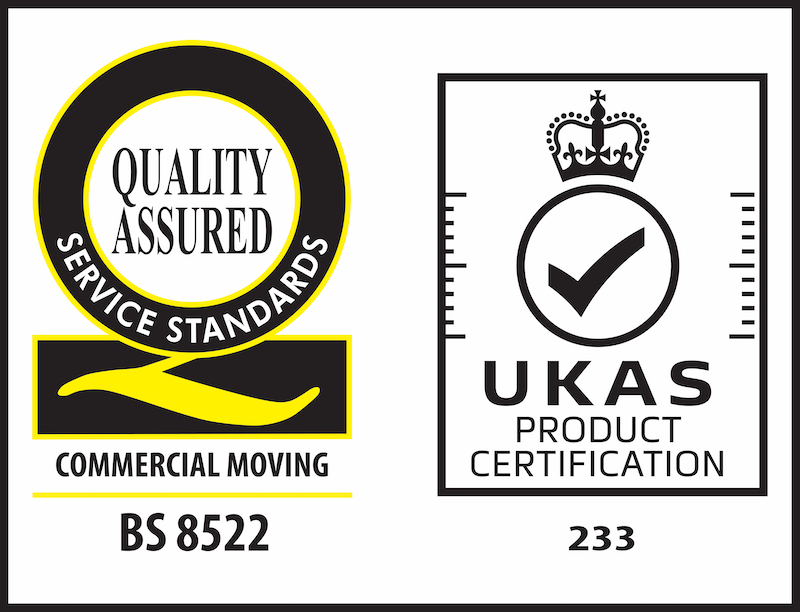The ultimate guide to business relocation and storage management
Here’s your guide to a successful and stress-free business relocation.

MORE STORIES
- Page 8 of 27
Please click here to chat through what you'd like your Success Story to be.
Are you gearing up for a business relocation? According to the latest CBRE Occupier Survey, nearly 60 percent of businesses are leaning towards a hybrid model. This figure increases to 77 percent for large companies.
The expectation is that there will be numerous business relocations in the next few years. A switch to hybrid models will be one driving factor but cost savings and enhancing workplace culture will also be big considerations.
Whatever the reasons, a successful business relocation is all about the planning. Here’s your guide to a successful and stress-free business relocation.
Planning your business relocation
We’ve previously written blogs that go into detail about moving offices – see our office relocation checklist and the top 5 things to consider.
A comprehensive plan is what ties everything together. You may have the budget, new location and even thein-house expertise, but without a detailed plan things can quickly go wrong.
It’s for this reason that many businesses work with a relocation partner. It can be tempting to task the project management to someone in-house, but this is often given as an addition to a person’s existing role. That can quickly become overwhelming, so we’d suggest that if you do project manage in-house, that person should solely be managing the relocation process.
An important thing to consider right at the outset is why you want to relocate. It must be a strategic decision and not a reaction to the current workplace uncertainty.
You might survey your employees and find that the consensus is to work three days in the office and two at home. As a result, you might decide to relocate to a smaller space as you’ll never be at full occupancy.
However, what happens if the workplace does reopen, and your employees decide that they actually have missed the office and want to be in four or even five days a week?
The point is that you must measure and analyse behaviour and not rely on surveys.
The same goes for workplace culture. Employees now want the workplace to be a destination – a place that offers something their home doesn’t. Moving to a snazzy new space won’t automatically result in a great new culture.
Consider what you want to achieve and how your workplace strategy can support that. It may be a relocation or a redesign of your existing space.
If you decide a relocation is the way to go, you can start planning furniture management, timelines and how you’ll communicate the project to your staff. One element that can go under the radar. But is vital to consider is storage management.
Storage management during a business relocation
There are a number of reasons you may require storage during an office relocation. You may need short-term storage during the transition between two locations, or longer-term storage for furniture and equipment that doesn’t yet fit into your new space.
You may decide to store items with a local provider. Important factors to consider are:
- How will you keep track of what is in storage and its condition?
- How will you decide how long to store items for?
- What is your storage budget?
- Who will have responsibility for managing the storage inventory?
It can be cost-effective to find a relocation partner that offers storage solutions. This can often be wrapped into the cost of the relocation, they can offer cheaper rates and can help manage your inventory.
Start planning your business relocation
An office move is a lengthy process so if you’re considering it as an option, then it’s never too early to start planning.
A strong strategy and plan will pay off down the line and set you up for a successful move.
We support businesses with office moves across the UK. Get in touch or contact one of our location managers to discuss how we can support your business.
MORE STORIES
- Page 8 of 27
Please click here to chat through what you'd like your Success Story to be.





